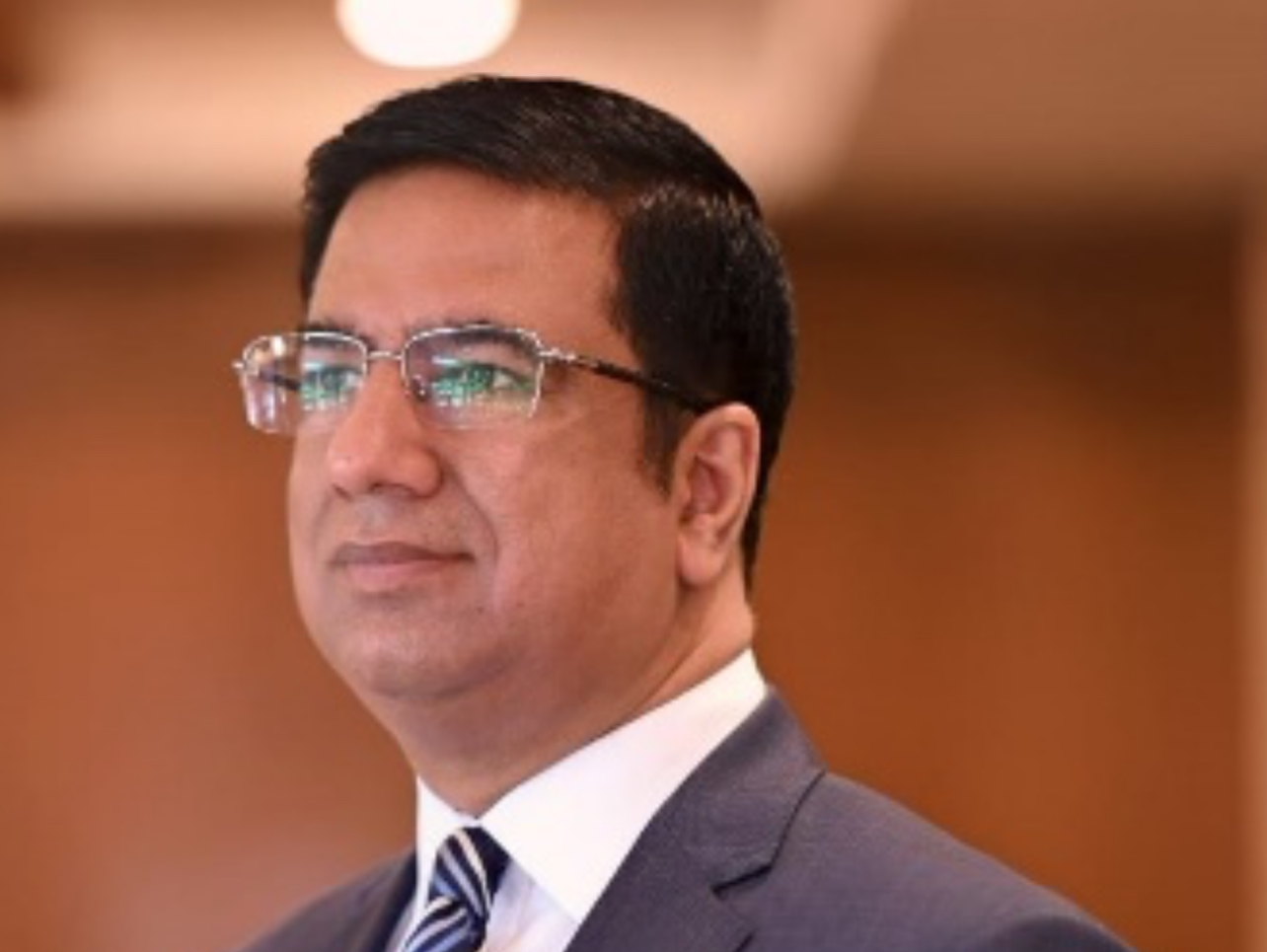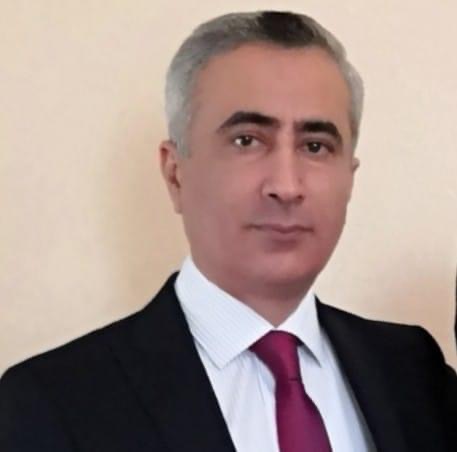The Zangezur Corridor, a 43-kilometre stretch of land along Armenia’s border with Iran, has emerged as a significant transportation route connecting the Azerbaijani capital, Baku, to Kars, Turkey’s eastern province. Once a vital road and railway link between Nakhchivan and mainland Azerbaijan during Soviet times, the corridor holds the promise of transforming the South Caucasus region into one of Eurasia’s most important transport corridors. The potential of the Zangezur Corridor is a catalyst for peace, economic development, and regional cooperation, emphasizing its impact on connectivity and energy security. The corridor becomes a model for 21st-century infrastructure, ensuring massive opportunities and securing cross-border trade, further attracting global investments.
Azerbaijan Role’s
The construction of the Zangezur Corridor represents a significant step towards enhancing Azerbaijan’s global outreach and economic development. President Aliyev’s visionary leadership has taken practical initiatives, positioning Azerbaijan as the main transport hub at the crossroads of the East-West and North-South corridors in Eurasia. The Middle Corridor, branching out in Azerbaijan, connects Turkish, Russian, Central Asian, Iranian, and Armenian territories, facilitating Europe-Asia linkages.
This integration not only attracts investments but also enhances the region’s potential, making it a hub for international trade and commerce. The Zangezur Corridor’s opening is expected to stimulate economic connectivity, regional transportation, and communication lines, fostering cooperation across various sectors. Azerbaijan’s commitment to regional integration is evident in its existing infrastructure projects, such as the Baku International Sea Trade Port and the Baku-Tbilisi-Kars Railway, which complement the Zangezur Corridor.
Azerbaijan’s dedication and commitment to efficient, safe, and reliable logistics services is well known for its flagship connectivity projects. President Ilham Aliyev’s efforts to enhance digital connectivity, optimize border crossings, and implement innovative customs mechanisms align with global market demands. These measures position Azerbaijan as a facilitator country along relevant transportation routes, particularly in the East-West transportation corridor.
Azerbaijan, rich in energy resources, has signed numerous energy export and transit agreements with Russia. Azerbaijan’s rich energy resources find a new avenue for export through the Zangezur Corridor. The potential to transport energy resources to Nakhchivan not only strengthens Azerbaijan’s position in energy markets but also introduces a significant shift in the geopolitical balance, offering an alternative to traditional energy routes.
Regional Opportunities and Connectivity
The Zangezur Corridor not only connects nations but also plays a crucial role in regional political, economic, and security dynamics in the region. Through promoting economic integration and cooperation, this corridor opens avenues for shared prosperity and vision. Additionally, the corridor can serve as a significant route for transporting energy resources to European markets, contributing to the energy security of the region and offering diversified energy sources, thus contributing to comprehensive regional development. By linking key economic hubs and cultural centers, the corridor stimulates the growth of industries, infrastructure, and tourism.
The Zangezur Corridor emerges as a lifeline for Nakhchivan, creating economic opportunities and facilitating trade and logistics links with the outside world. The corridor’s opening is integral to Nakhchivan’s economic development, providing a gateway for increased connectivity, trade, and collaboration with neighboring regions.
New opportunities for regionalism and wider cooperation have arisen. In addition to being progressive and sustainable in its development aims, the Azerbaijani leadership has been actively fostering regional integration. The primary barrier to accessing the corridor was Armenia’s, which is not accepting of this corridor. Thus, Azerbaijan brought up the topic of the Zangezur Corridor’s opening after the war, and it was covered in the Trilateral Statement.
The Zangezur Corridor serves as a bridge, linking the rich histories and civilizations of the East and West. Positioned at the crossroads of cultures, the corridor provides an opportunity for nations to appreciate and celebrate their shared heritage. As goods, ideas, and people traverse this bridge, it becomes a symbol of cultural exchange, fostering mutual understanding and appreciation for the diversity that defines the South Caucasus.
Conclusion
In conclusion, the Zangezur Corridor emerges as a beacon of hope, offering a pathway for peace, economic prosperity and development, and regional cooperation in the South Caucasus. As the region embarks on a new era of collaboration, the corridor’s prospects are not just about infrastructure but also about building bridges towards a shared future of stability and shared growth. It is high time for Armenia to shed isolationist notions, join hands with Azerbaijan, and contribute to the collective cause of harmony and regional integration.
Mr. Khalid Taimur Akram, Executive Director, Pakistan Research Center for a Community





